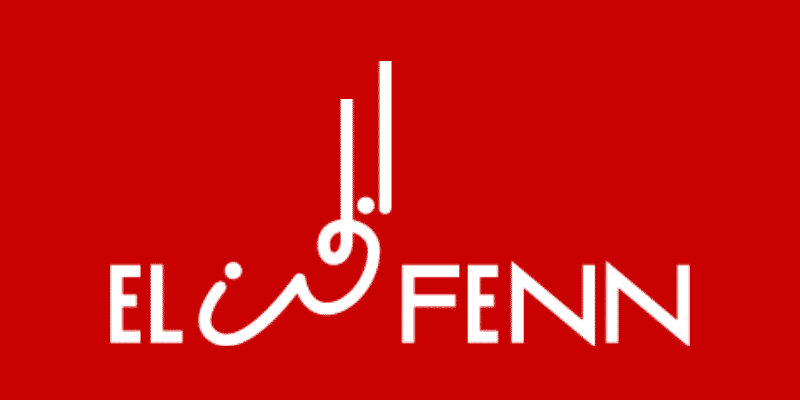
The Story of Moroccan Wine
Moroccan wine history stretches back centuries – and no trip is complete without trying some local wine. The first vines were planted after the Roman invasion in the first century AD and wine, along with olive oil, was sent back to Rome. After Morocco converted to Islam, wine-making decreased but some vines survived because Jewish Moroccans continued to grow grapes and make wine to sell to each other.
Production increased again in the late nineteenth century when a bug devastated Europe’s vines. By the 1950s Morocco was the world’s third-largest wine exporter, producing 7.9 billion gallons each year. But after independence in 1956, many vineyards were abandoned and fell into disrepair.
Then a winemaker called Brahim Zniber was granted 1100 hectares of land in the 1960s by King Hassan II. Zniber is credited as the father of the modern industry and founded Chateau Roslane in the 1990s, which together with La Ferme Rouge and Castel, today dominate the Moroccan wine industry. Morocco is now Africa’s second largest producer of wine.

But now a new breed of smaller, independent winemakers are challenging the bigger players – and trying to put the unique taste of Morocco into their wines.
‘New estates and winemakers are taking their chance, says Mikael Rodriguez, a private wine consultant who is also president of the Moroccan Association of Sommeliers. ‘They are following the path of people in France who until the 60s and 70s were selling their grapes to large companies. But then people started to create their own brands. This is now happening in Morocco.’

Nahla Bahnini is one of these winemakers. From her family’s vineyard in the foothills of the Atlas Mountains near Meknes, she is overseeing production of a wine that’s making its name internationally.
Bahnini, a French Lebanese former international director of a glass company, and her Moroccan husband Amine, head of vascular surgery at the American Hospital in Paris, are forging new territory in Moroccan wine.
Terroir is the sense of place embodied in a wine that extends far beyond grape variety. It encompasses where the grapes for the wine are grown – everything from the local soil to the exact climate or situation of the vines. It is terroir that allows the best sommeliers to pinpoint the exact vineyard a wine was produced at, even if it’s only a few hectares, when they taste it.
But terroir has been largely absent from Moroccan wine until now because the industry has long been dominated by large players, who often blend grapes harvested by many small local growers – or buy them in from Spain and Portugal.
Now however smaller vineyards are starting to reclaim their independence and keeping their grapes to produce their own wine in a bid to reflect their own particular terroir. Bahnini’s Domaine de Baccari is one of them.

‘We want our wine to embody a Moroccan identity,’ says Bahnini. ‘It’s our philosophy and it’s not the way Morocco normally does wine but our concept is to know, taste and understand the wine.’
Today Baccari is one of the few Moroccan wines that’s exported abroad. In 2017, Premiere de Baccari – one of their two red wines – won a bronze medal at the Challenge International du Vin in Bordeaux.
Nadia and Amine became accidental wine makers twenty-five years ago when Amine decided that he wanted to grow grapes after he retired. Knowing they needed to allow years for the vines to mature, the couple started planting on their land. Like many, they then sold their grapes to a large wine maker. But in 2013, they decided to try making their first wine and started working with renowned wine consultant Stephane Derenoncourt.
Today they produce four wines – two reds, a white and a rose – from grapes that are harvested by hand before the wine is aged in stainless steel tanks and French oak barrels.
But for Bahnini, it all starts with the vines – because they are what create the terroir – and changing the way they farm has been key.
When they first started growing, the couple did what most grape producers do: water heavily in a country where water is an ever more precious resource. But over many years, they have transformed the way they work to become more environmentally aware – and inject their unique terroir into their wine.
Today, the processes at Domaine de Baccari are vertically integrated to create a circular microeconomy at the vineyard. Domaine de Baccari doesn’t use pesticides, the vines are interplanted to increase biodiversity and pollination, and watering is kept to a minimum to encourage them to draw from their roots – thanks to the local clay and limestone soil that retains moisture well. When the grapes have been harvested, local farmers bring around 300 sheep to graze the land and their waste is used as compost for the vines. All this has earned Baccari organic certification from the Italian certification body CCPB.
‘We know it will take time but I believe that one day terroir will be much more the norm here in Morocco and the next generation will really embrace it,’ says Bahnini.
Domaine de Baccari is in good company and other small vineyards make their name too.

Val d’Argan is located near Essaouira, and Hacienda des Cigognes, which is in Tiflet, northwest Morocco, has just bottled its first wine. Les Domaines Amal is a family estate of 32 hectares near Rabat that is run by brothers Redouane and Othmane Roudaby and produces four whites, four reds, two roses and one gris.
It’s an exciting time for small, independent Moroccan wine. Be sure to try some when you’re here.
Our drinks menu features a wide variety of Moroccan Wines including red and rosé Baccari. Do try them when you are next in the rooftop restaurant.


